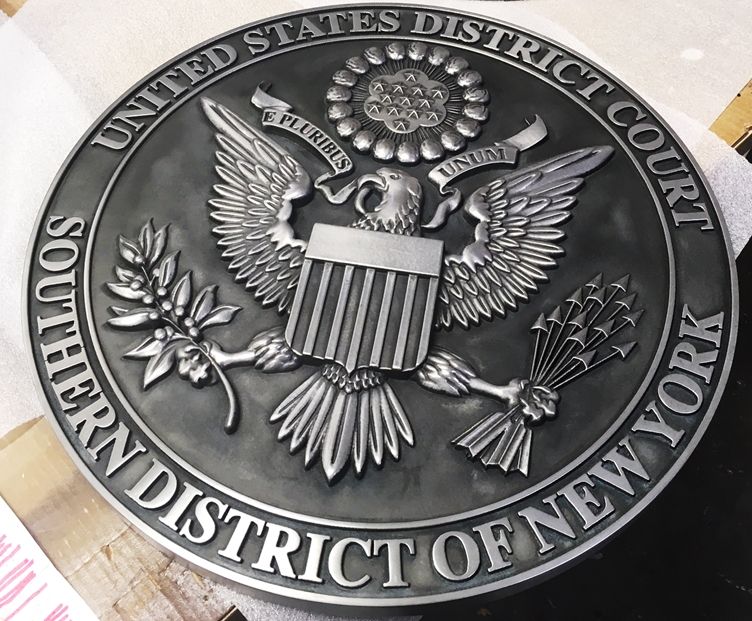By John E. Deaton, Founder and Host, CryptoLaw.
The SEC’s lawsuit against Ripple has been flawed from its inception. But few claims in the suit are more egregious than the allegation that XRP lacks utility, or that every XRP holder has engaged in a “common enterprise” with Ripple. These two allegations combined with the SEC’s central argument in their complaint, that Ripple’s offerings and sales of XRP represented dealings of unregistered securities, indicate that the Commission has failed to or chosen not to properly understand the fundamentals of crypto. Unfortunately, the community of XRP holders are paying the price.
Senior SEC Trial Counsel, Jorge G. Tenreiro’s statement “now, the court referenced a utility for XRP. We dispute whether that utility actually exists, your Honor,” during a March 19 hearing stands on even weaker ground than the SEC’s earlier claim regarding Section 5 violations. However, it became clear that Magistrate Judge Sarah Netburn was more informed than the SEC had anticipated, based on her assertion that her understanding of “XRP is that not only does it have a sort of currency value, but it also has a utility, and that utility distinguishes it, I think, from Bitcoin and Ether.” If Judge Netburn and millions of XRP holders, along with companies like Ripple, BitPay, Spend the Bits, Japan’s SBI and others all recognize the utility of XRP, it seems the SEC is the outlier.
The open-source nature of XRP allows users throughout the world to use the token to pay for goods and services without any connection to or reliance on Ripple. According to Cryptwerk, over 1,300 companies currently accept XRP for payment across industries from business services to tourism and travel. After filing our Motion to Intervene in the Ripple case on behalf of XRP holders, I have been contacted by over 19,000 XRP holders from around the world, many of whom receive paychecks in XRP and use XRP-powered debit cards to shop for groceries and pay for gas. These people are not in “common enterprise” with Ripple, despite the SEC’s claims.
The SEC’s argument that there is no XRP without Ripple is not just flawed, it makes no sense. For many XRP holders, the SEC’s lawsuit was the first time they had ever heard of Ripple, leaving many of us to ask: What’s Ripple?
There has been no shortage of valuable insights from these retail holders who the SEC pretends to be defending. For example, one poll by Stedas Crypto found that of the 400 respondents, over 90% said that they did not think they were buying shares or some other ownership in Ripple when they acquired XRP.
If all of this wasn’t enough, then just look at recent cryptocurrency market movement and trends. China intensified a crackdown on crypto mining inside its territory and the bitcoin hashrate plunged 50%. The price of bitcoin fell 43%, dragging down prices in all the major coins including XRP. This fluctuation in XRP’s price could not be linked in any objective way to actions taken by Ripple or its executives. But what does the SEC argue? It says that XRP has no utility other than serving as an investment contract with Ripple and all holders have entered into an investment contract where the value of this “investment” is determined by the actions of Ripple and its two top executives. Former SEC Chairman Jay Clayton, who filed the lawsuit against Ripple on his last day in office, also declared that bitcoin is not a security because its ledger is decentralized. And yet here we have the Chinese government demonstrating its tremendous influence over both the price of bitcoin with one action and, in quick succession, the prices of many other leading coins including XRP.
Now, the SEC referenced a utility for its case against Ripple and its executives. We dispute whether that utility actually exists, your Honor.







